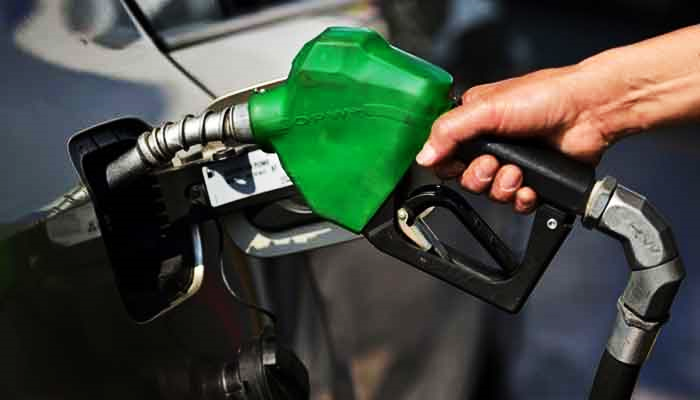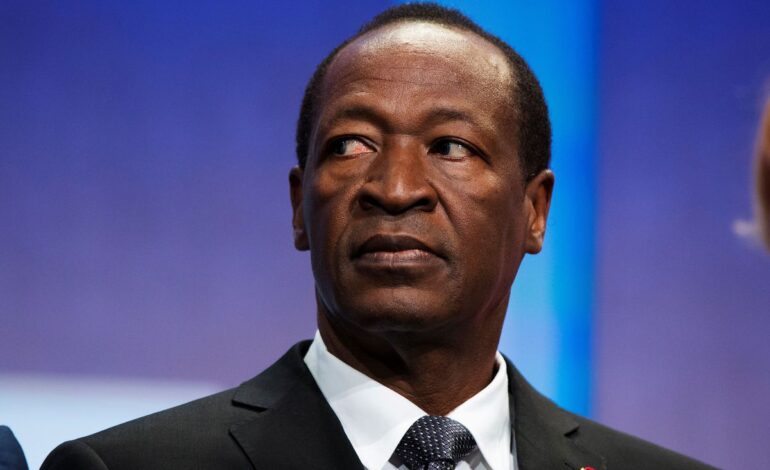
Avellon Williams
HAVANA, CUBA- Analysts and data indicate Cuba is currently struggling to fill a fuel deficit as imports from Venezuela and other countries remain below historical levels and global prices rose after Russia’s invasion of Ukraine making purchases almost unaffordable.
Since last month, the Caribbean country, which relies on fuel imports mainly from Venezuela to cover more than half of its demand, has been experiencing diesel and gasoline shortages that are forcing long lines in front of filling stations.

Cuba’s economy has been struggling to recover since the Coronavirus pandemic and harsher U.S. sanctions imposed by the administration of former President Donald Trump. Fuel imports are another major issue.
Since 2019, Venezuelan President Nicolas Maduro has provided Cuba with more than 32,000 barrels of crude per day (BPD) despite U.S. sanctions against both countries. According to vessel monitoring data, Venezuela has struggled to produce refined products for its own needs, so fuel volumes have declined on the island.
According to tanker monitoring data from Refinitiv Eikon, Cuba imported 70,000 barrels per day (BPD) of crude and fuel in the first quarter, below the 100,000 barrels per day the island typically requires to meet normal demand.
Data and internal documents from state-run oil company PDVSA showed that nearly three-quarters of this year’s shipments came from Venezuela, but the OPEC nation has sharply slashed fuel shipments to Cuba from nearly 44,000 barrels per day (BPD) in 2020 to just 21,000 barrels per day (BPD) in 2021, and 22,000 barrels per day (BPD) in the first quarter this year.
Requests for comments were not returned by the Cuban information ministry or PDVSA in Venezuela.

According to Cuba’s National Statistics Office, Cuba’s fuel demand reached 137,000 barrels per day (BPD) before the pandemic for fuel oil, diesel, gasoline, cooking gas, and other refined products.
Though the nation consumed about 110,000 barrels per day (BPD) of fuel this year, it still relied on imports to compensate for insufficient domestic production, stated Jorge Pinon, director of the University of Texas at Austin’s Latin America and Caribbean Energy and Environment Program.
“Cuban refineries are not 100% operational. The Havana refinery, the only facility with a catalytic cracker, is running at around 70% of capacity, while Cienfuegos is doing sporadic runs of 10,000 barrels per day (BPD) and Santiago is not in service,” he said.
For motor fuel production, catalytic cracking units are crucial.

Alejandro Gil, Cuba’s Economy Minister, said last week that diesel demand for power generation was increasing. As a result of the small, distributed generation plants in Cuba, the country tends to consume more diesel than larger central power plants.
The tanker tracking data and internal PDVSA documents indicate that Cuba has not received any diesel cargo from Venezuela since September, forcing Cuba to purchase increasingly expensive diesel on the open market.
Due to high fuel prices, the country exceeded its import budget by $49 million in the first two months of the year, Gil said. “A 40,000-tonne diesel shipment that last month cost $35 million-$36 million, now costs $58 million,” he said.
Director Pinon called Cuba’s seven aging thermoelectric plants the Achilles’ heel of Cuba’s energy sector. They provide 62% of the country’s power.
“Outages due to delayed maintenance to the thermoelectric plants have caught them by surprise in a moment of low diesel inventories. That is causing a domino effect at gas stations.”
Cuba’s capital Havana saw hours-long lines in front of gas stations in late March, as the government rationed fuel in one province.
The provision of diesel to Cuba by Venezuela was among the arguments Washington used to suspend in 2020 the authorizations it had extended for the South American Countries for its oil-for-fuel agreements with foreign oil producers.

Energy and Mining Minister Livan Arronte said Cuba – which remains under an embargo restricting trade with the country – pays freight tariffs and other costs 20% higher than importers bringing fuel through the same routes.




